| Umělec 2/2009 | List of all editions. | ||||

he first Time Out—a printed guide providing up-to-date cultural events in London—was published in 1968. Today, Time Out appears in over 30 cities around the world from Abu Dhabi to Zagreb, and defines itself on its web page as a “company…providing the latest, most reliable and informed information on what’s happening anywhere in the world”
This expansion isn’t merely due to the acknowledgement…
Read more... 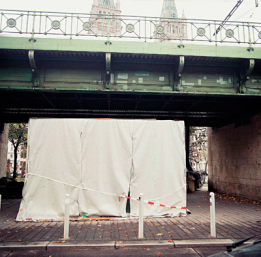
Vienna is known for its stable administration, which provides a consistent political climate. The Austrian Social Democratic Party (SPÖ) has held the position of mayor
of Vienna since 1945. In the last decade, however, there has been a restructuring that featured the privatization of structures previously been under public control—at least the Austrian private companies (GmbHs) with close ties…
Read more... 
Ever since the late 90’s, Céline Duval has been collecting photos: amateur snapshots, postcards, photos cut out from magazines, as well as her own pictures. Out of this collection, which the artist calls documentation céline duval (without any capital letters) she has edited a series of publications: prints, books, as well as a magazine, mailed directly to her subscribers: “La revue en 4 images”,…
Read more... |
Graz as a platform for Art Graz as a platform for Art from Eastern and Southern Europe
|
cultural policy
|
Herwig G. Höller
Show all 
Erwin Wagenhofer’s Let’s Make Money is a film about the financial crisis that takes a look at the conduct and consequences of worldwide financial transactions. The film came out in September, a successor to his previous documentary We Feed the World, which focused on the globalization of food production.
After three years of research around the globe, Wagenhofer returns to reveal capitalism’s…
Read more... 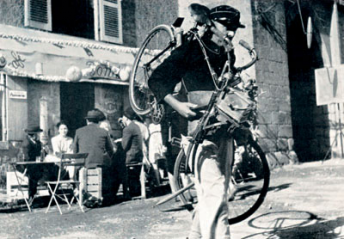
Jacques Tati, as this piece will explore, is an early participant of the proto-postfordist avant garde in the middle of the 20th century. Film critics often misunderstand Tati’s work as a criticism of civilization and a denunciation of the unreasonable demand of modernism. They especially misinterpreted Tati’s first feature film, Jour de Fête, in this way, due to its idyllic framework (and, above…
Read more...
Send the printed edition of the magazine Umělec:
|
| Books, video, editions and artworks that might interest you | Go to e-shop |
|
"Slavíček vánoční (Little Chrismas Nightingale) is a part of the Bridel Creche....he picked out a medieval composition called...
More info...
|
|
|
Studio |
|
Studio Divus designs and develops your ideas for projects, presentations or entire PR packages using all sorts of visual means and media. We offer our clients complete solutions as well as all the individual steps along the way. In our work we bring together the most up-to-date and classic technologies, enabling us to produce a wide range of products. But we do more than just prints and digital projects, ad materials, posters, catalogues, books, the production of screen and space presentations in interiors or exteriors, digital work and image publication on the internet; we also produce digital films—including the editing, sound and 3-D effects—and we use this technology for web pages and for company presentations. We specialize in ... |
|
Citation of the day. Publisher is not liable for any mental and physical states which may arise after reading the quote. |
|
| “ | Enlightenment is always late. |
| CONTACTS AND VISITOR INFORMATION The entire editorial staff contacts | ||
|
DIVUS LONDON
STORE
OFFICE
Ivan Mečl |
DIVUS
DIVUS BERLIN
DIVUS WIEN |
|
| DIVUS NEWSLETTER SUBSCRIPTION | ||
| COPYRIGHT DIVUS 2024 ALL RIGHTS RESERVED |
|---|








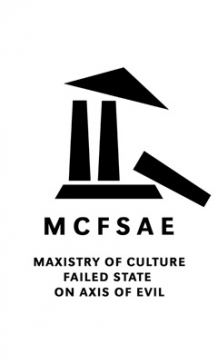







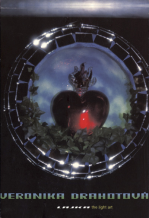

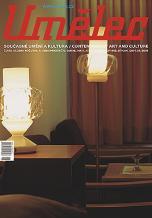
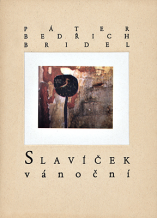


 New book by I.M.Jirous in English at our online bookshop.
New book by I.M.Jirous in English at our online bookshop.